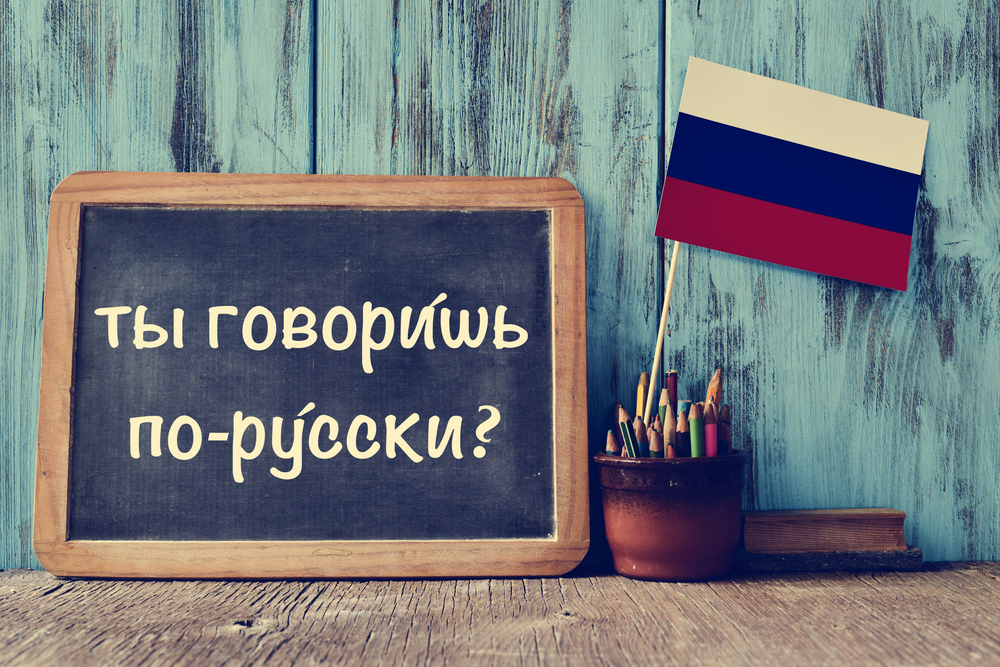
Learning a language is hard. Keeping it when you don’t have classes is even harder. So this article is not about how to learn Russian, but how to maintain your Russian.
Everyone can improve their Russian by spending 20 hours a week (or more) in a classroom and doing homework after that. But after fishing a language course, our brain no longer gets trained and it’s easy to lose it. You are also probably busy with other things.
So what can we do to keep your hard-earned skills?
There are online exercises that can do to keep things fresh. They should be short and simple. This being the Liden & Denz blog, I can refer to the online exercises (self-study materials) there as a good example. The format is multiple-choice so you can keep doing them fast. As I will explain below: no need to spend a lot of time on hard tasks every now and then, the effective method is repeating a little each day. A few minutes will do.
This is the science of learning: for instance, having 2 lessons (1 hour each) a week is more efficient than having one lesson (2 hours) a week. The amount of time is the same, but the brain prefers the first option because it gets to repeat and the memory gets to rest and then be retrieved again. Like muscles.
Same for learning new words: before, I tried to learn all words I need in one go. Now I realised that it is better to learn a little now, no need to recall 100%, and then learn a little more a day later. Now there are learning apps (Memrise, Quizlet, etc.) that emulate this process so that it reminds you to learn a certain set of words at the right intervals. Next day, then in a week, then in two weeks, etc. This kind of repetition is what truly allows the brain to remember.
Listening to Russian radio, watching Russian Youtube and reading the news is important. It will not be as good as real-life teaching, but you can slow down the “decay” by a lot by visiting these websites.
Even if you don’t understand Russian radio, I found that listening to it for a long time helps you mimic them, so your accent improves, even if you do not understand what is being said. Same for Russian Youtube. The auto-translate function on Youtube is not perfect but it works, so you can always watch a video and understand 80-90% of the content. Two Russian Youtube news channels that tend to be available for streaming are RBK and TV Dozhd.
Newspapers, especially the news updates tab that tends to have simpler language compared to full-length articles, are valuable. I combine it with Google/Yandex Translate: you can install an extension to your internet browser so that by highlighting a word, a translation pops up. This makes everything easier.
Let’s face it, motivation is a problem when you have no classes and life is busy. So going through past lessons is something most of us don’t do afterwards. What we can do is to put the most basic, important aspects of the grammar into a short document. It does not have to include everything, but the most important. It must be short so that you can quickly see all of it.
For me, at B1 level Russian cases are still not fully mastered due to the many exceptions. So I googled tables with Russian grammar, wherein one photo all the case endings are shown. For me, cases are the biggest obstacle to being able to speak correctly. So this helps a lot.
The same with Russian participles, which is only 4 different forms, but many find it hard still. Just a table that you can glance at every now and then does the job (see below for example).
Hope this helps aid your learning!
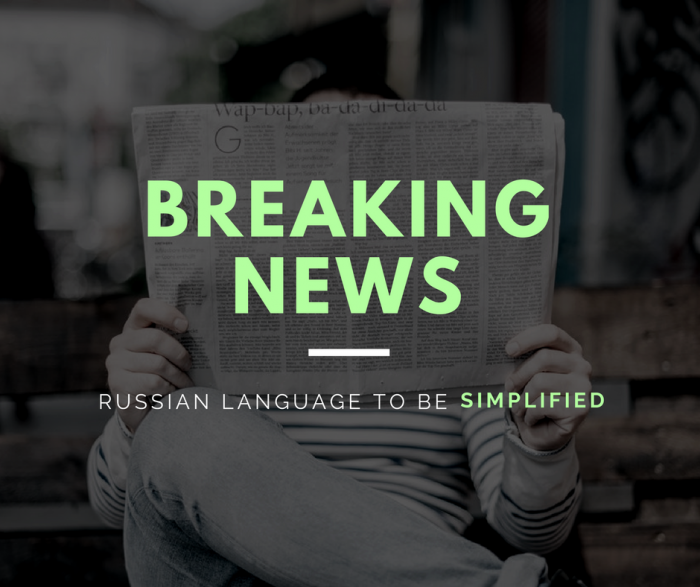
Students will be happy to learn that the Russian Government has today announced plans to make Russian language easier in an effort to simplify greater international engagement. …

In a previous post, we revealed that Russians don't really say “na zdarovje” when they toast. While the phrase has been popularised in English language media – and a lot of Russians will nod politely and clink glasses with you if you use it – it’s not something a native speaker would ever…
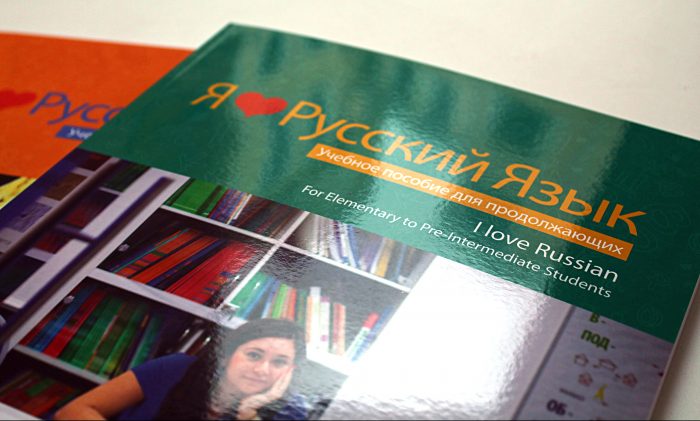
Improve your Russian while working as an expat? Mission possible! …
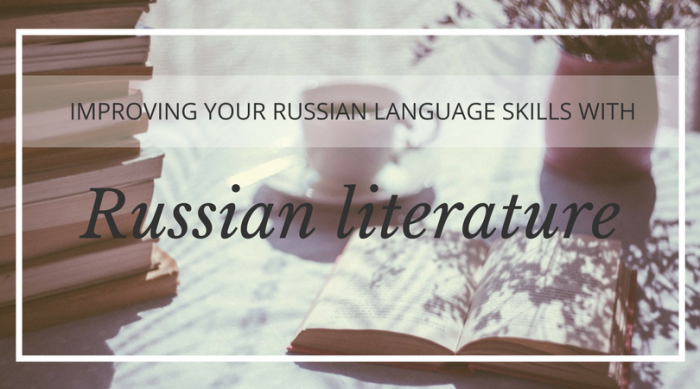
What could be a better way for Russian immersion than reading, especially when you read the books that you find interesting and that can give you a better idea of the culture of Russia? Co-founder of Liden & Denz, Walter Denz shares his experience on how reading Russian literature can improve your…
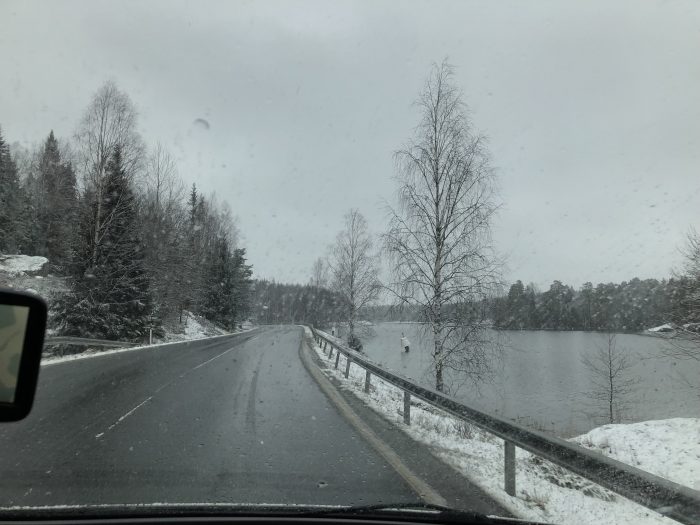
I love Russia. I have been living in St. Petersburg for almost two months, and after travelling all around the world it feels like I have finally found a place where I would see myself settling down. The inexorable beauty of the streets, the architecture, the importance of art and culture, the water…

Oh, the Russians! I was recently watching the last season of Stranger Things and, to my surprise, Russians are quite present there. For those of you who might not be familiar with the TV series, it is set on an American town during the 80s. And what do we recall from those times? The unique fashion…

Learning the Russian language can be a long, hard slog. Days, weeks, months spent poring over textbooks, attempting to understand the cases, crying over aspects, endeavouring to pronounce ы and щ. …
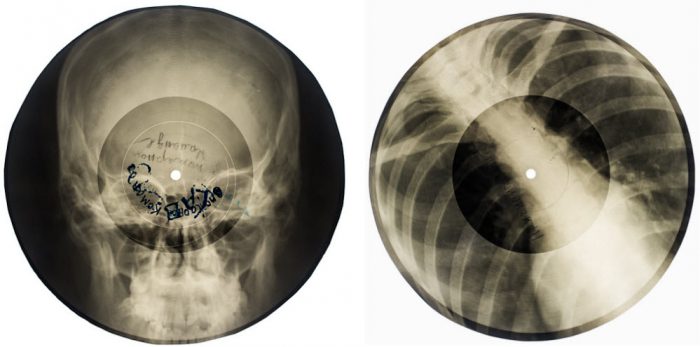
In an attempt to improve my Russian skills, I decided to start watching a TV series in Russian. After thorough research, the result of which you can read on my post about how to learn Russian with Netflix, I decided I would start watching Fartsa. I am no sure of how much Russian I am learning thanks…